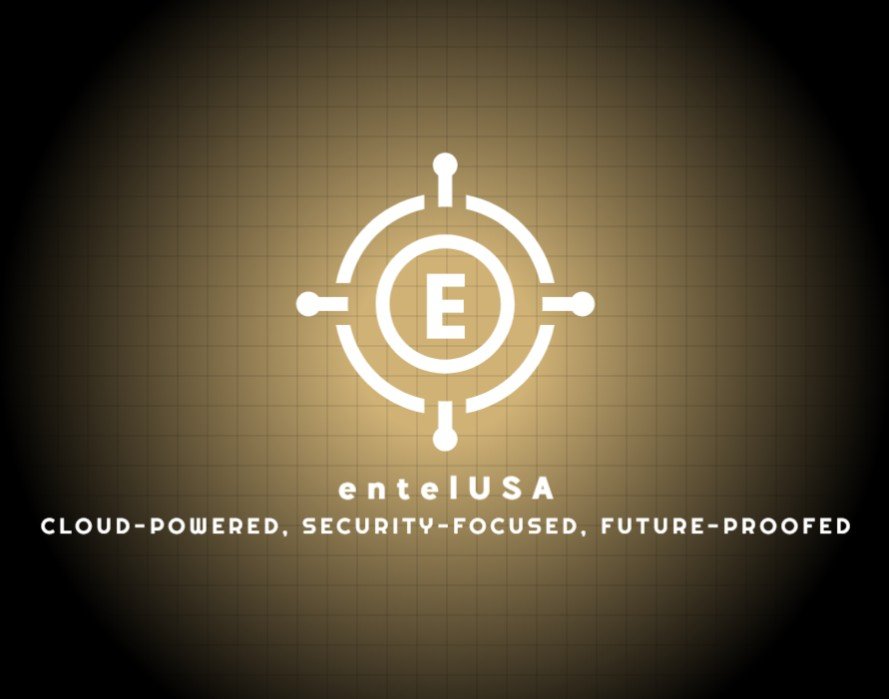The Importance of Obamacare and Electronic Health Records: A Modern Healthcare Revolution
The Affordable Care Act (ACA), commonly referred to as Obamacare, has been a landmark legislation that not only reshaped healthcare delivery in the United States but also placed a significant emphasis on the adoption of Electronic Health Records (EHR). By incentivizing healthcare providers to embrace digital health solutions, Obamacare catalyzed the modernization of IT systems across hospitals and healthcare networks. This transformation has enhanced care coordination, improved patient outcomes, and strengthened the integration between patients, providers, and payers. A stellar example of leveraging EHR systems is Atlantic Health Systems in New Jersey, which utilized EPIC’s comprehensive modules to modernize its IT infrastructure and create seamless integration across its ecosystem.
The Role of EPIC in Modernizing Healthcare IT
EPIC, a leader in EHR solutions, offers a wide array of modules designed to cater to every facet of healthcare delivery. From outpatient and inpatient care to revenue cycle management and population health, EPIC’s modular approach ensures adaptability to the unique needs of healthcare organizations. Key modules include:
EpicCare Ambulatory: Focused on outpatient settings, this module streamlines documentation and decision-making for providers.
EpicCare Inpatient: Facilitates seamless workflows for hospitals, ensuring accurate patient data is available across departments.
Healthy Planet: A population health management tool that helps identify and address care gaps.
MyChart: A patient-facing application that fosters engagement by providing access to medical records, test results, and appointment scheduling.
Tapestry: Tailored for payers, this module integrates claims and billing with clinical data for a unified view of patient care.
By deploying these EPIC modules, Atlantic Health Systems has been able to achieve unparalleled interoperability, allowing patient information to flow seamlessly across departments, practices, and payer systems.
Atlantic Health Systems: A Case Study in IT Modernization
Located in New Jersey, Atlantic Health Systems embarked on a transformative journey to modernize its healthcare IT infrastructure. Recognizing the limitations of its legacy systems, Atlantic Health Systems transitioned from McKesson and HMT to EPIC’s comprehensive EHR platform. The migration not only centralized patient data but also facilitated streamlined workflows across its network of hospitals and outpatient facilities.
Migration from McKesson and HMT to EPIC: Transitioning from legacy platforms like McKesson and HMT to EPIC required meticulous planning and execution. McKesson and HMT, while robust in their time, posed challenges such as data silos, limited interoperability, and outdated interfaces. Atlantic Health Systems partnered with IT experts to ensure a smooth migration of patient records, billing information, and clinical workflows into EPIC. Data integrity and compliance with HIPAA standards were prioritized, ensuring patient confidentiality throughout the process.
Enhanced Integration: The adoption of EPIC enabled Atlantic Health Systems to integrate patients, providers, and payers seamlessly. Using modules like Tapestry, the organization established a direct connection between clinical data and billing systems, reducing administrative overhead and minimizing claim rejections. Additionally, MyChart empowered patients to actively engage with their health records, improving adherence to treatment plans.
Improved Patient and Provider Experience: Atlantic Health Systems leveraged EPIC to create a unified platform where providers could access comprehensive patient histories, medication records, and diagnostic results in real time. This level of integration enhanced clinical decision-making and improved care coordination, leading to better health outcomes. Patients benefited from reduced redundancies in diagnostic testing and faster access to care.
Population Health Management: Through EPIC’s Healthy Planet module, Atlantic Health Systems monitored population health metrics and addressed care gaps proactively. This focus on preventive care not only aligned with the value-based care model encouraged by Obamacare but also helped reduce healthcare costs.
The Impact of Obamacare on EHR Adoption
The Affordable Care Act introduced key measures like the Meaningful Use program, which incentivized healthcare providers to adopt and effectively use certified EHR technology. These incentives significantly reduced barriers to EHR adoption, enabling systems like Atlantic Health to modernize their IT infrastructure and focus on delivering patient-centered care. Additionally, Obamacare’s emphasis on interoperability directly supported seamless integration between patients, providers, and payers, fostering a more cohesive healthcare ecosystem.
Patient-Provider-Payer Integration: A Seamless Future
One of the most profound outcomes of EHR implementation at Atlantic Health Systems is the seamless integration between patients, providers, and payers. By creating a unified platform, Atlantic Health has:
Streamlined Billing and Claims: EPIC’s integration of clinical and administrative workflows reduced errors in claims processing and enhanced transparency.
Improved Communication: Providers could collaborate with payers using real-time clinical data, ensuring that treatments align with insurance coverage, thereby reducing out-of-pocket expenses for patients.
Empowered Patients: Tools like MyChart enabled patients to access their health information and communicate directly with their care teams, fostering trust and accountability.
Conclusion
The modernization of IT systems in healthcare is no longer optional—it is a necessity for delivering quality, patient-centered care. Atlantic Health Systems' journey from McKesson and HMT to EPIC demonstrates the transformative power of EHR in aligning with Obamacare’s vision of a more integrated and efficient healthcare system. As the industry continues to evolve, the integration of advanced EHR platforms will remain central to enhancing collaboration, reducing costs, and improving outcomes for all stakeholders in the healthcare continuum.

